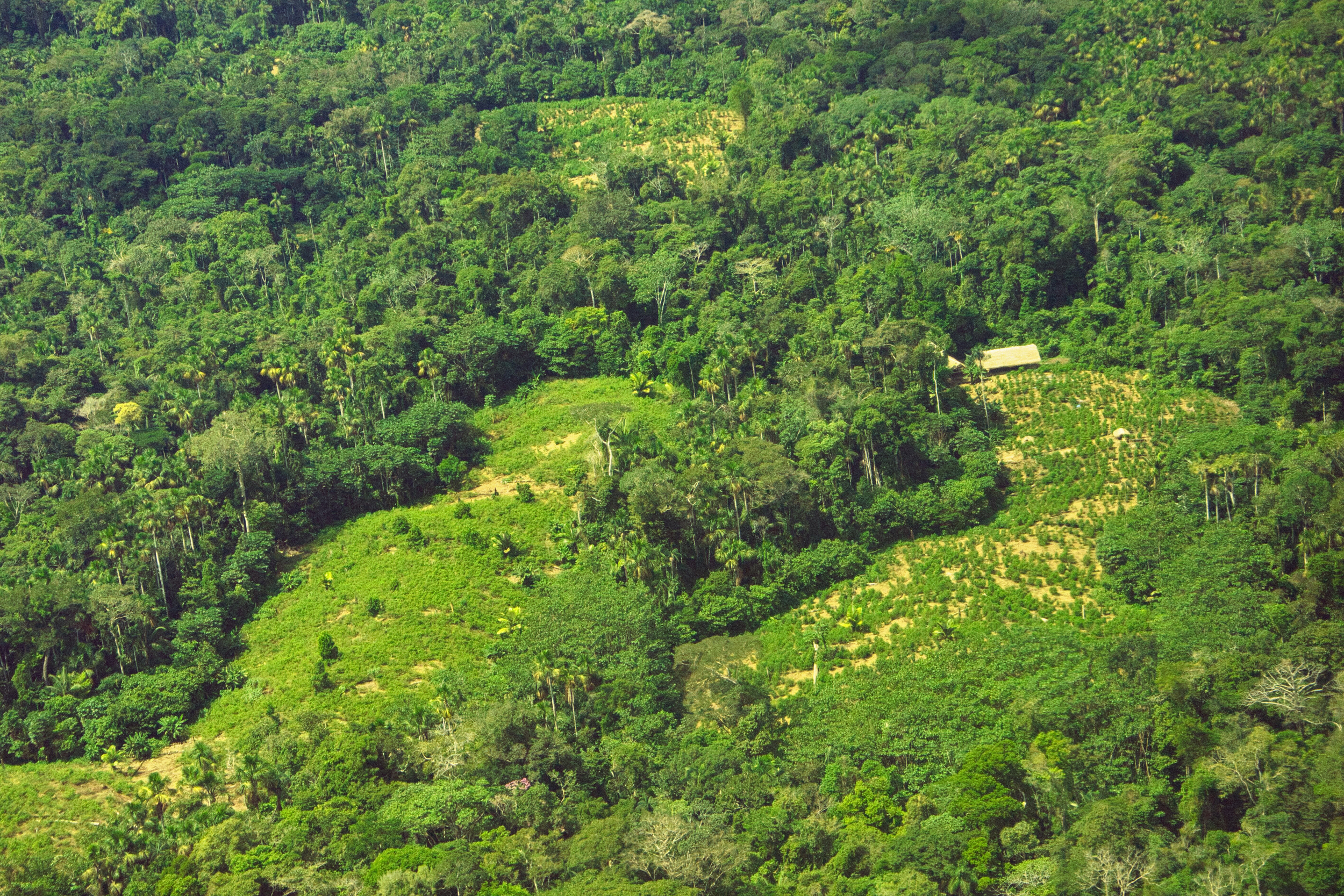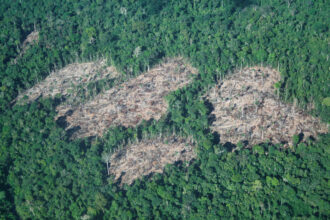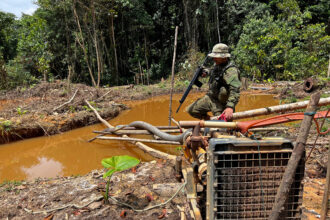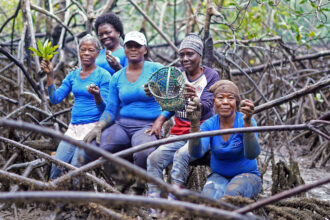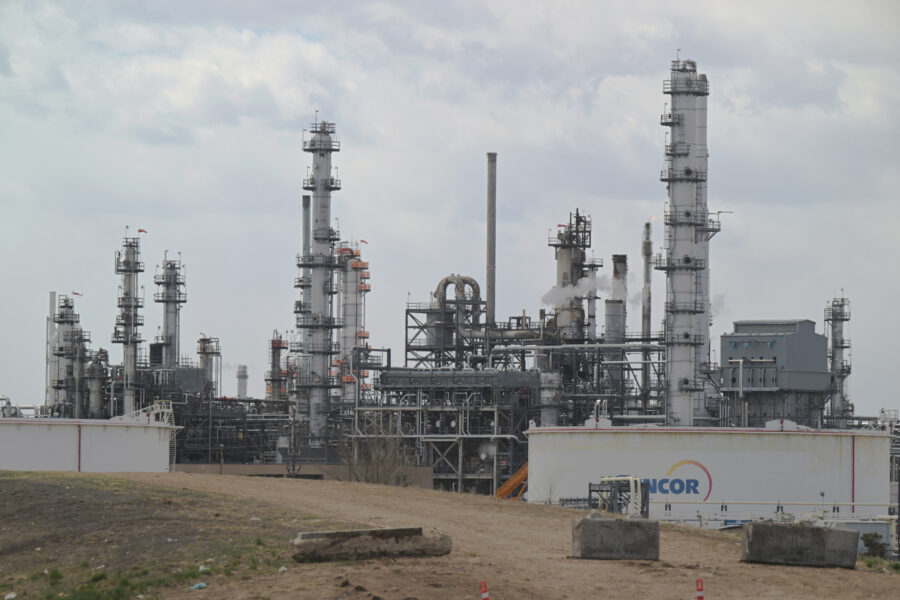Government agencies in Peru have voted against establishing a new reserve meant to protect Indigenous people living in part of the country’s Amazon basin from outside incursions.
Indigenous groups in the region denounced the vote as “a serious setback in the protection of human and environmental rights.”
The statement, issued by four Amazonian Indigenous groups in Peru, said the vote would expose the area to deforestation, drug trafficking and other illicit activities. The proposed reserve would have encompassed an area larger than Connecticut where inhabitants have isolated themselves from the rest of society.
The Yavarí Mirim Indigenous Reserve, along Peru’s border with Brazil, was first proposed 20 years ago. In 2018, government agencies officially recognized the presence of people from five Indigenous groups living in voluntary isolation in the area: Matsés, Matis, Korubo, Kulina-Pano and Flecheiro, also known as Tavakina.
Experts believe scores of such groups live across the Amazon, with the densest collection straddling the borders of Peru, Brazil and Bolivia, according to Survival International, an Indigenous rights advocacy group.
Sometimes called “uncontacted peoples,” they live with little or no interaction with the outside world. Their isolation means they have no immunity to many common viruses. People in isolation also live in interdependence with the forest around them, anthropologists say, making them highly vulnerable to incursions by loggers, miners or any activity that disturbs the ecosystem.
Peru’s Ministry of Culture estimates that about 7,000 such people live in the country’s Amazon region. Peru has established eight reserves to protect them and is considering proposals for another five, including Yavarí Mirim.
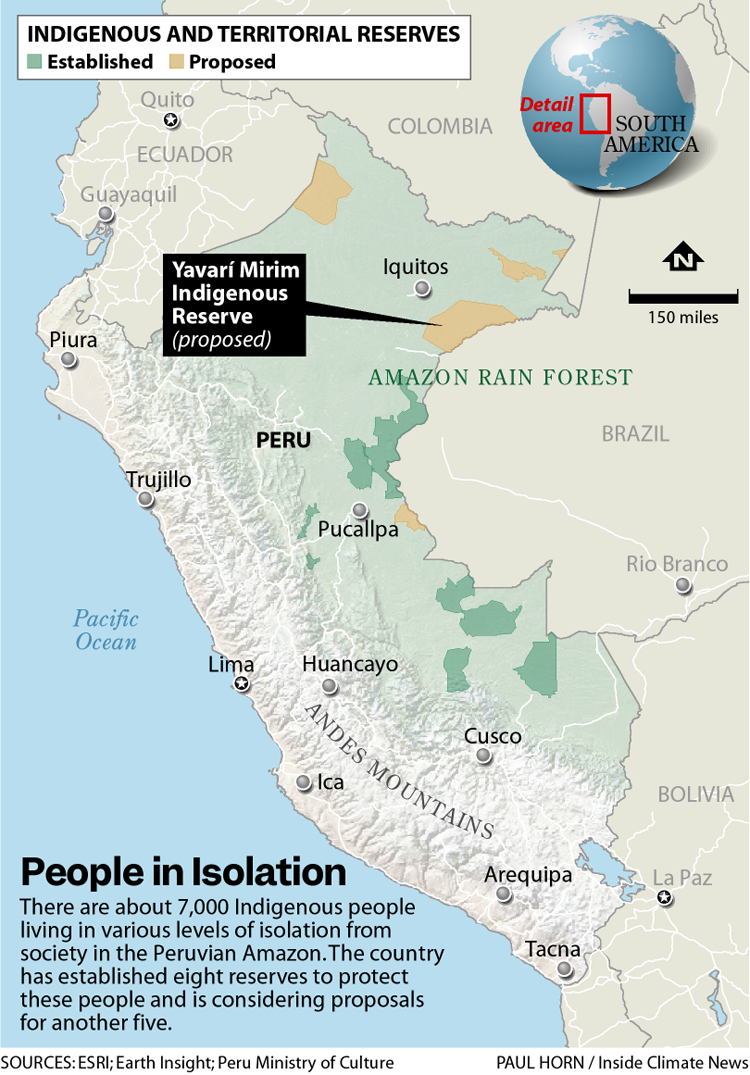
The Thursday vote came from a multi-sector commission overseeing the Yavarí Mirim proposal, and was officially a rejection of a study that had established boundaries for the proposed reserve.
The move is not the end for Yavarí Mirim, however, according to a spokesperson for the Organization of the Indigenous Peoples of the Eastern Amazon, a federation of native groups in Northeast Peru. Instead, the commission must now begin work on a new study of the potential boundaries of a reserve and eventually vote once again, a process that could take years.
Some regional governments, businesses and industry groups, including ones representing Peru’s logging and oil and gas sectors, have opposed the creation of new Indigenous reserves, arguing that they restrict economic activity. Oil and logging companies have also sought to expand their operations into proposed or existing reserves.
Indigenous groups called out the agency that manages Peru’s forests, within the Ministry of Agricultural Development and Irrigation, for defending logging concessions that had been granted within the proposed reserve, which the groups said is prohibited by Peruvian law. The Agriculture Ministry was one of eight members of the commission that voted against moving forward with the reserve, according to the Indigenous groups.
Ministry officials did not immediately respond to a request for comment.
The regional government of Loreto, where the reserve is proposed, also voted against proceeding, along with three provincial municipalities in the area, according to Indigenous groups.
In a statement in Spanish, the Culture Ministry said it “reaffirms its commitment to protecting the rights of Indigenous Peoples in Isolation,” saying it had increased its budget for doing so. The next step, it said, was to arrange funding for a new study for Yavarí Mirim.
The Indigenous federation says illegal logging has taken place within the proposed reserve. The area also sits over an oil and gas basin that a state-owned company has advertised to potential investors as “under-explored.” Perhaps the greatest threat, advocates for the reserve say, comes from increased drug trafficking and illegal coca production along the border with Brazil.
The Indigenous groups said the Peruvian government had chosen economic and criminal interests over the rights of people living in isolation, adding, “This is a historic setback for human rights and an attack on the Amazon and its Indigenous peoples.”
This story was updated Sept. 5, 2025, with a new comment from Peru’s Culture Ministry.
About This Story
Perhaps you noticed: This story, like all the news we publish, is free to read. That’s because Inside Climate News is a 501c3 nonprofit organization. We do not charge a subscription fee, lock our news behind a paywall, or clutter our website with ads. We make our news on climate and the environment freely available to you and anyone who wants it.
That’s not all. We also share our news for free with scores of other media organizations around the country. Many of them can’t afford to do environmental journalism of their own. We’ve built bureaus from coast to coast to report local stories, collaborate with local newsrooms and co-publish articles so that this vital work is shared as widely as possible.
Two of us launched ICN in 2007. Six years later we earned a Pulitzer Prize for National Reporting, and now we run the oldest and largest dedicated climate newsroom in the nation. We tell the story in all its complexity. We hold polluters accountable. We expose environmental injustice. We debunk misinformation. We scrutinize solutions and inspire action.
Donations from readers like you fund every aspect of what we do. If you don’t already, will you support our ongoing work, our reporting on the biggest crisis facing our planet, and help us reach even more readers in more places?
Please take a moment to make a tax-deductible donation. Every one of them makes a difference.
Thank you,


